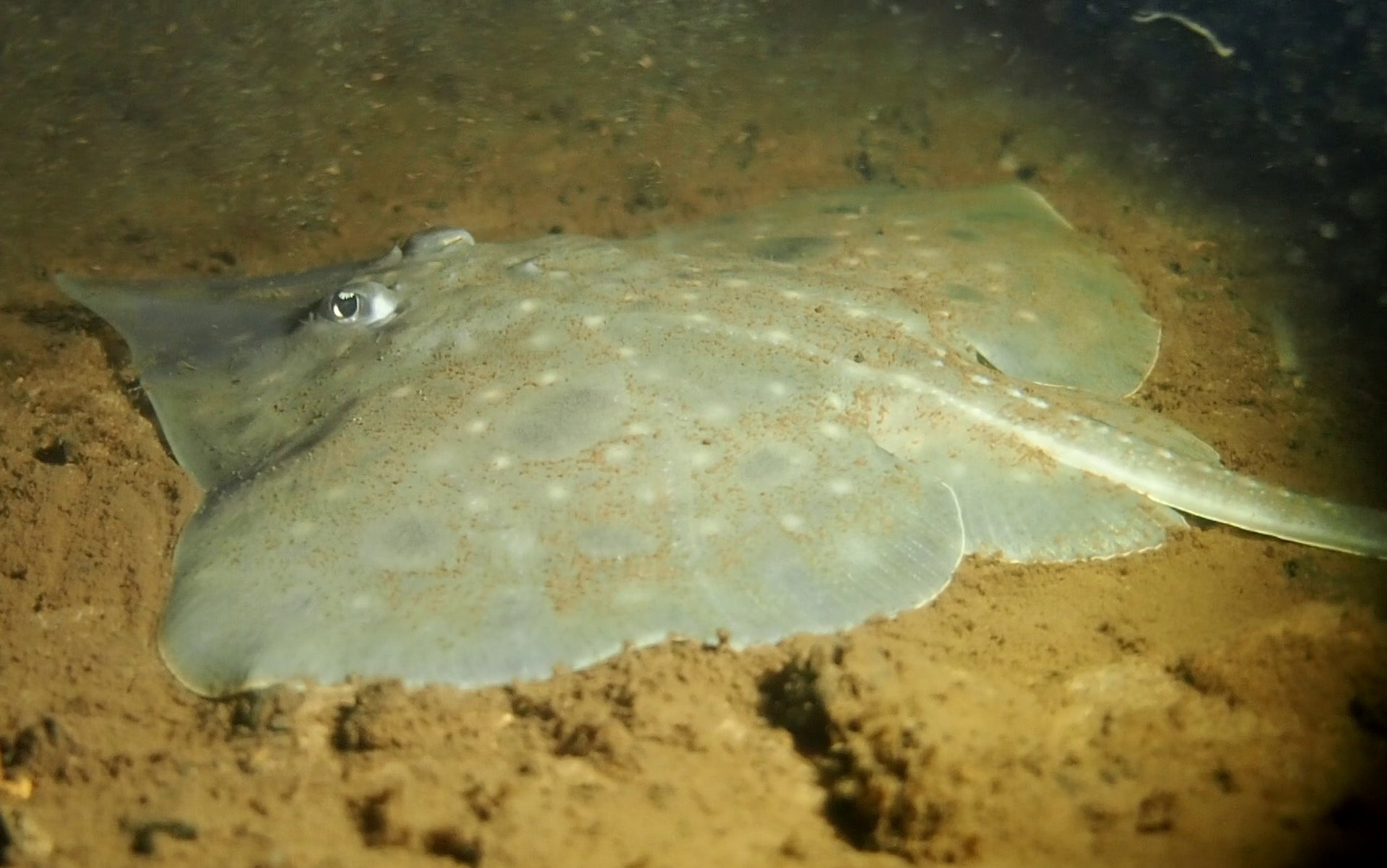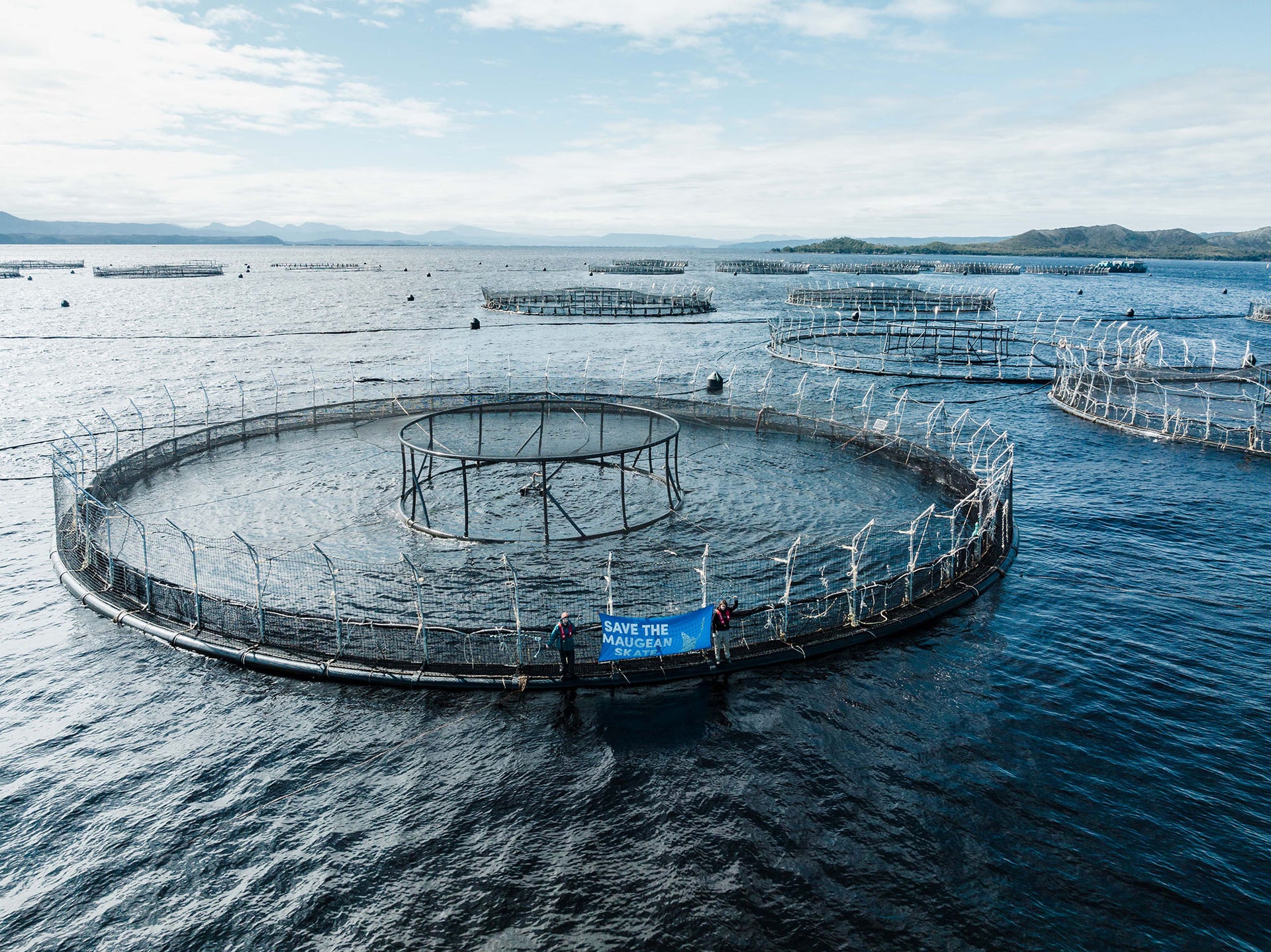“The foreign-owned Tasmanian salmon farming industry and our state's Premier are on the warpath, determined to let nothing, not even the extinction of a wild and endangered marine species, get in the way of their corporate profiteering,” Tasmanian Greens Senator, Peter Whish-Wilson told federal parliament recently.
“Macquarie Harbour is the last place on earth you will find the ancient and critically endangered Maugean skate. The salmon industry has claimed they don't support or believe the best scientific advice showing that salmon farming is a key contributor to poor dissolved oxygen levels in the harbour, which are pushing the skate to extinction, or the recommendation that salmon biomass must be significantly reduced to give the skate the best possible chance of survival. Apparently, it differs from the industry's own science – presumably paid for by the salmon industry – but you'd expect them to say that, wouldn't you?”
“How sad is it that it has gotten to this? A critically endangered species is being pushed to the brink of extinction by an introduced, invasive species, the Atlantic salmon. It was totally avoidable, and it was all because one industry had too much power over government and the regulator – and it still does. It seems like the story of Tasmania. What is next – the swift parrot? Is it the handfish? This is one of the great moral challenges of our time, and we can't afford to fail. The world is watching. I implore the federal government to continue their efforts to save the skate.”
The fate of the Maugean skate hangs in the balance. Last year federal Environment Minister, Tanya Plibersek famously made a pledge of ‘zero extinctions’ under her watch, but that now looks set to be challenged. In response, the feds have stumped up $2.1 million to begin a captive breeding program for the skate and opened a three-month consultation period about the future of salmon farming in Macquarie Harbour.
But in the meantime, the industry powers ahead, polluting the harbour and slowly bringing to an end a species – and a story – millions of years old. Scientists believe the skate is one extreme weather event away from extinction.
“The Maugean skate must not be allowed to go extinct,” says Bob Brown Foundation Marine Campaigner, Alistair Allan. “The science is clear; fish farms must be removed from Macquarie Harbour.”
Take action to protect the Maugean skate. Make a formal submission to the Federal Environment Minister and ask her to reconsider the decision to allow salmon farming in Macquarie Harbour.


























